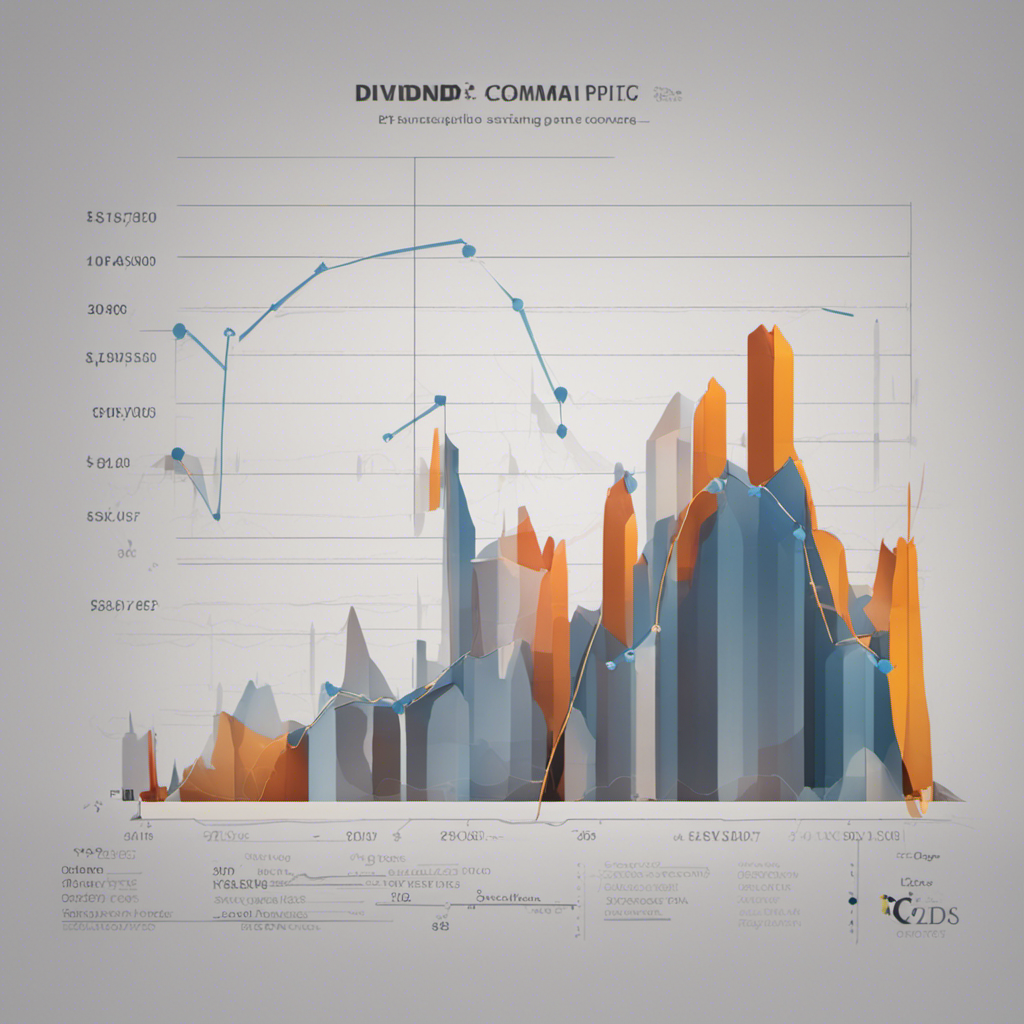
Stock Market Basics: Understanding Dividends
Image source: Pixabay
Introduction
Investing in the stock market can be an excellent way to grow your wealth over the long term. One of the key elements that make stocks an attractive investment is the potential for earning dividends. In this blog post, we will dive deep into the world of dividends, exploring what they are, how they work, and why they are important to investors.
What are Dividends?
A dividend is a payment made by a corporation to its shareholders, usually in the form of cash or additional shares of stock. It represents a portion of the company’s profits that is distributed among its shareholders. Dividends are typically paid out on a regular basis, such as quarterly or annually.
How Dividends Work
When you buy shares of a company’s stock, you become a part-owner of that company. As an owner, you are entitled to a share of the company’s earnings. Dividends are one way for companies to distribute those earnings to their shareholders. The amount of dividends you receive is usually determined by the number of shares you own.
Companies decide how much to pay in dividends based on several factors, including their profitability, cash flow, and growth opportunities. Some companies may choose to reinvest their profits back into the business, while others opt to distribute them as dividends.
Types of Dividends
There are several types of dividends that companies may offer:
-
Cash Dividends: This is the most common type of dividend, where shareholders receive cash payments based on the number of shares they own.
-
Stock Dividends: In some cases, instead of receiving cash, shareholders are given additional shares of stock. This means that their ownership stake in the company increases.
-
Special Dividends: Occasionally, companies may pay special one-time dividends in addition to their regular dividend payments. These are often a result of significant profits or events like asset sales.
-
Dividend Reinvestment Plans (DRIPs): Some companies offer DRIPs, which allow shareholders to use their dividend payments to buy additional shares of stock instead of receiving cash.
Benefits of Dividends
Dividends offer several benefits to investors:
-
Income Generation: Dividends provide a regular stream of income for shareholders, especially for those who rely on their investments for income during retirement.
-
Long-Term Growth: Historically, dividend-paying stocks have outperformed non-dividend-paying stocks, as they tend to be more stable and less volatile.
-
Compounding: Reinvesting dividends by purchasing more shares can lead to compounding growth over time. This means that the number of shares you own, and thus the amount of dividends you receive, can increase exponentially.
Considerations for Dividend Investing
When considering dividend stocks for investment, there are a few important factors to keep in mind:
-
Dividend Yield: The dividend yield indicates the annual dividend payment as a percentage of the stock price. A higher yield may be appealing, but it’s essential to consider if it is sustainable and not a result of a declining stock price.
-
Dividend History: Examining a company’s consistent dividend payment track record can provide insight into its reliability and financial stability.
-
Company Analysis: It’s vital to evaluate the overall health and financial strength of the company before investing in its dividend-paying stocks. Factors such as earnings, cash flow, and debt levels should all be considered.
Conclusion
Dividends play a crucial role in the stock market, offering investors a way to generate income and participate in the company’s success. Understanding the basics of dividends helps investors make informed decisions when choosing dividend-paying stocks for their portfolios. Remember to conduct thorough research, assess company fundamentals, and consult with a financial advisor if needed.
Disclaimer: The information provided in this article is for informational purposes only and should not be considered as financial advice. Always do your own research and consult with a qualified financial professional before making any investment decisions.






